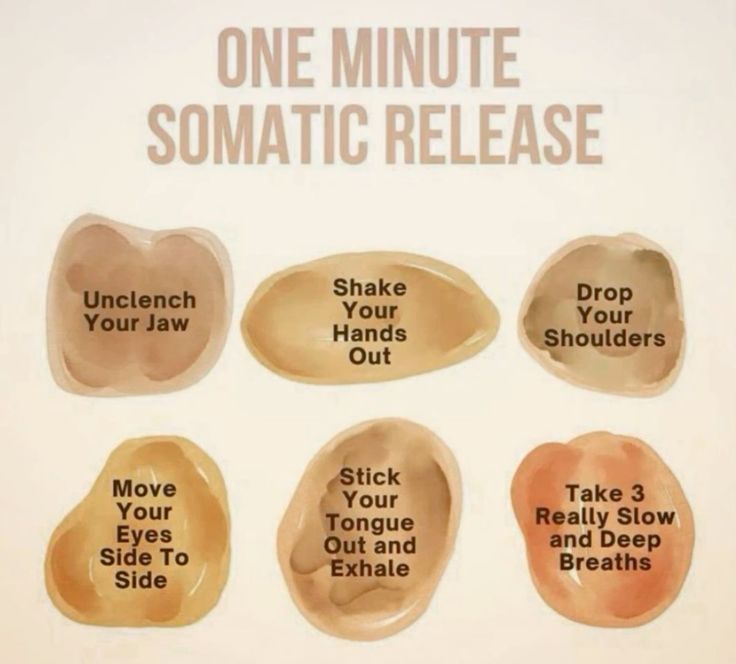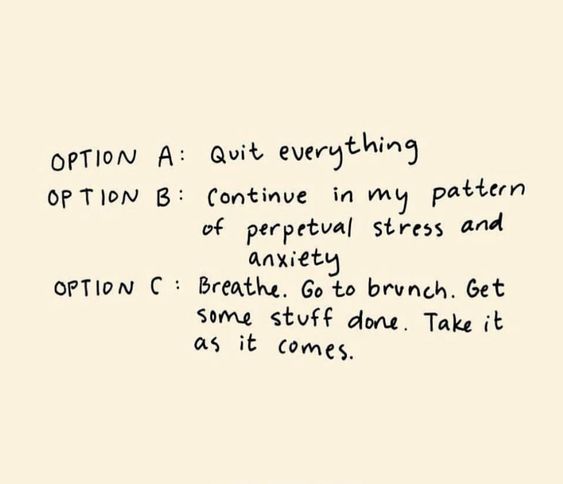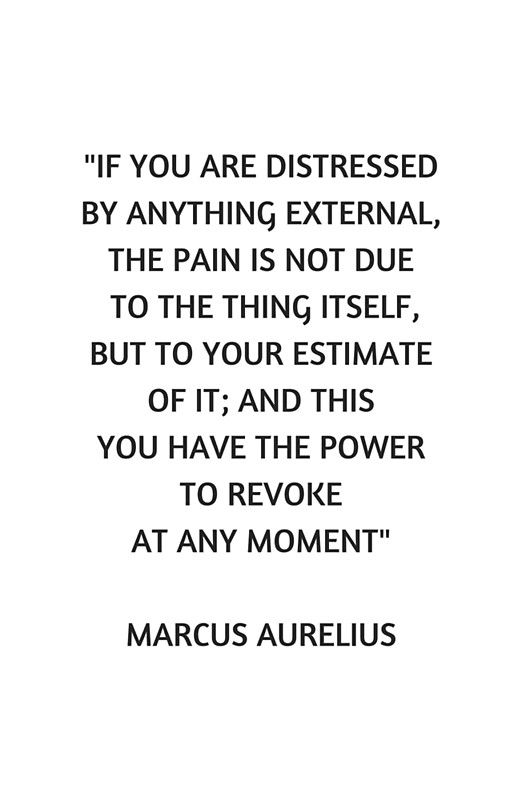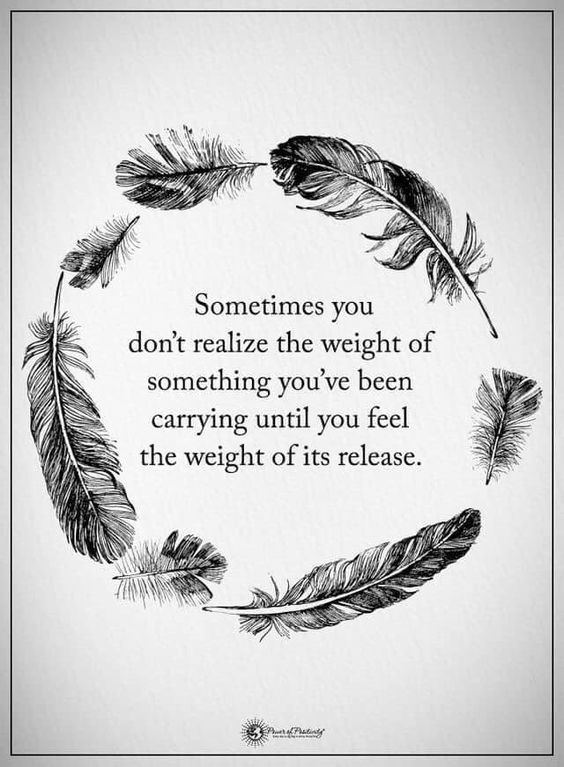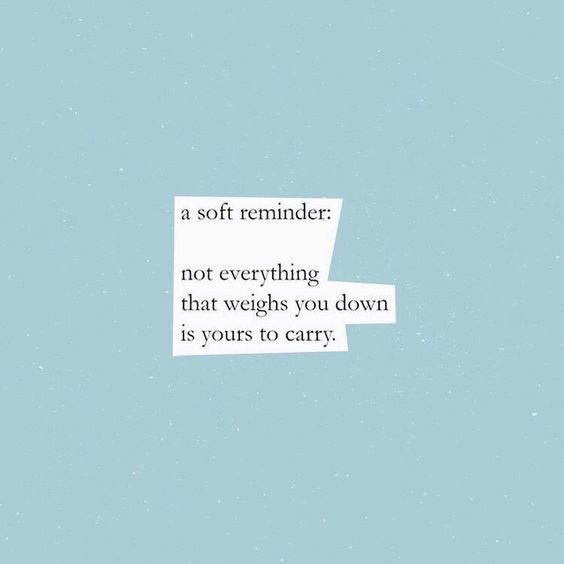“You are better equipped to deal with stress when you are moving. When you feel tense or frustrated or worried, it is difficult to think your way into feeling better. The more you think about the situation, the larger it becomes in your mind. Trying to think your way out of it often leads to a spiral of overthinking and rumination. The first step is not to think something different, but to do something different. It doesn’t matter what. Stretch on the floor, go for a walk, work on a project. Get out of your mind and move your body.”
James Clear
“In one sense, the Buddhist concept of enlightenment really is just the epitome of ‘stress reduction’—and depending on how much stress one reduces, the results of one’s practice can seem more or less profound. According to the Buddhist teachings, human beings have a distorted view of reality that leads them to suffer unnecessarily. We grasp at transitory pleasures. We brood about the past and worry about the future. We continually seek to prop up and defend an egoic self that doesn’t exist. This is stressful—and spiritual life is a process of gradually unraveling our confusion and bringing this stress to an end. According to the Buddhist view, by seeing things as they are, we cease to suffer in the usual ways, and our minds can open to states of well-being that are intrinsic to the nature of consciousness.”
Sam Harris, Waking Up (Page 48)
How Heavy Is This Glass Of Water? A Short Story About Stress and Compartmentalizing
Excerpt: A psychologist walks into a room of students and asks how heavy her glass of water is? The answer might surprise you…
Read More »How Heavy Is This Glass Of Water? A Short Story About Stress and Compartmentalizing
“Everybody thinks their job is stressful. No job is stressful. There are many jobs that could present challenging situations. There could be nasty bosses, insecure colleagues, emergency rooms, impossible deadlines—or you might even find yourself in the middle of a war zone! But these are not inherently stressful. It is our compulsive reaction to the situations in which we are placed that causes stress. Stress is a certain level of internal friction. One can easily lubricate the inner mechanism with some amount of inner work and awareness. So, it is your inability to handle your own system that is stressing you out. On some level, you do not know how to handle your body, mind, and emotions; that is the problem.”
Sadhguru, Inner Engineering (Page 141)
“When I first came to the United States, I heard everybody talking about ‘stress management.’ It puzzled me. Why would anybody want to manage stress? I always thought we managed the things that are precious to us—our money, our business, our family. It took me time to see that people have assumed that stress is an inevitable part of their lives! They do not see that it is entirely self-created and self-inflicted. Once you take charge of your inner life, there is no such thing as stress.“
Sadhguru, Inner Engineering (Page 54)
“The bad habits we’ve formed are often useful to us because they help us deal with stress and boredom. Consider some of the bad habits that fit this bill: smoking, procrastination by browsing the Internet, eating junk food, drinking, addiction to TV or video games, compulsive shopping, biting nails. All of these habits fill a strong need: they are ways to cope with stress and/ or boredom. We have formed them as coping mechanisms, and they stick around because we don’t have better ways of coping. So if we replace them with healthier ways of coping, we get rid of the problems of these bad habits, and start getting the benefits of better habits.” ~ Leo Babauta, Essential Zen Habits (Page 152)
“Are you stressed? Are you so busy getting to the future that the present is reduced to a means of getting there? Stress is caused by being ‘here’ but wanting to be ‘there,’ or being in the present but wanting to be in the future. It’s a split that tears you apart inside. To create and live with such an inner split is insane. The fact that everyone else is doing it doesn’t make it any less insane. If you have to, you can move fast, work fast, or even run, without projecting yourself into the future and without resisting the present. As you move, work, run — do it totally. Enjoy the flow of energy, the high energy of that moment. Now you are no longer stressed, no longer splitting yourself in two. Just moving, running, working—and enjoying it. Or you can drop the whole thing and sit on a park bench. But when you do, watch your mind. It may say: ‘You should be working. You are wasting time.’ Observe the mind. Smile at it.” ~ Eckhart Tolle, The Power of Now (Page 84)
“It seems that often when problems arise, our outlook becomes narrow. All of our attention may be focused on worrying about the problem, and we may have a sense that we’re the only one that is going through such difficulties. This can lead to a kind of self-absorption that can make the problem seem very intense. When this happens, I think that seeing things from a wider perspective can definitely help – realizing, for instance, that there are many other people who have gone through similar experiences, and even worse experiences. If you focus too closely, too intensely, on a problem when it occurs, it appears uncontrollable. But if you compare that event with some other greater event, look at the same problem from a distance, then it appears smaller and less overwhelming.” ~ Dalai Lama, The Art of Happiness
“The main way you generate bodily tension is by turning your attention back on yourself in self-concern, curling into yourself so tightly you feel all knotted up. Therefore, the main cure is to give yourself to others. Whenever you notice that you are mulling over your own problems, knotting energy into your body as tension, take that energy and create a gift for others. It could be as simple as doing the dishes in the sink, or as complex as building a business that will benefit others. Convert into service the energy that is knotting up the front of your body. Your tension is only the energy of a gift that has become backed up, unexpressed, in your body.” ~ David Deida, The Way of the Superior Man
“When you are in deep distress and cannot restrain some expression of it, sit down and write out a harsh letter venting your anger. But don’t send it.” ~ Donald T. Phillips, Lincoln on Leadership
